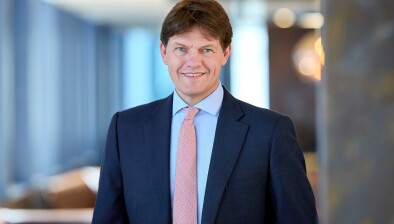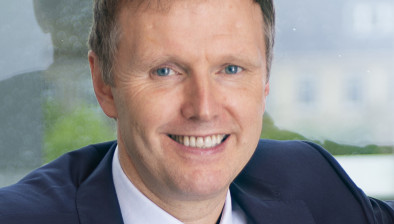Abrdn faces 50/50 chance of ending customer outflows in 2024

Stephen Bird
Abrdn’s chief executive, Stephen Bird, has revealed that the asset management group has a 50/50 chance of reversing years of customer outflows and achieving net positive inflows this year.
Despite initial optimism with a 7% surge in shares following better-than-expected adjusted operating profits, yesterday concluded with a 3.3% dip, closing at 156.25p.
Mr Bird defended his turnaround plan, citing successful reshaping through 11 deals, including the £1.5 billion acquisition of Interactive Investor. However, net customer outflows increased from £10.3bn in 2022 to £13.9bn last year, contributing to a 4% drop in net operating revenue to £1.4bn.
Despite the challenges, adjusted operating profit at £249 million surpassed expectations, leading to a total assets under management decrease of 1% to £495bn. Mr Bird remains optimistic, emphasising that Abrdn is now “better positioned for future growth”.
The company faced criticism for its staff morale impact due to a 500-job headcount reduction, but Mr Bird argued that such changes were necessary for competitiveness. Aiming for further cost reductions, Abrdn exceeded expectations by declaring a £102m outcome against the promised £75m.
Abrdn, formed from the 2017 merger of Aberdeen Asset Management and Standard Life, struggled to convince shareholders of the merger’s value. The core fund management division suffered from investor preference for cheaper passive index funds, contributing to the challenges faced by the group.
Mr Bird’s total pay rose by 26% to £2.14m, and a final dividend of 7.3p maintained a total for the year of 14.6p, unchanged from 2022. The firm is also actively exploring options to reclaim the £700m surplus in its defined benefit staff pension fund, The Times reports.
In a cautious outlook, Abrdn warned of challenging market conditions, anticipating continued “asset rotation” by insurance company clients towards cheaper passive strategies, potentially resulting in a “further contraction of revenue margin”.







